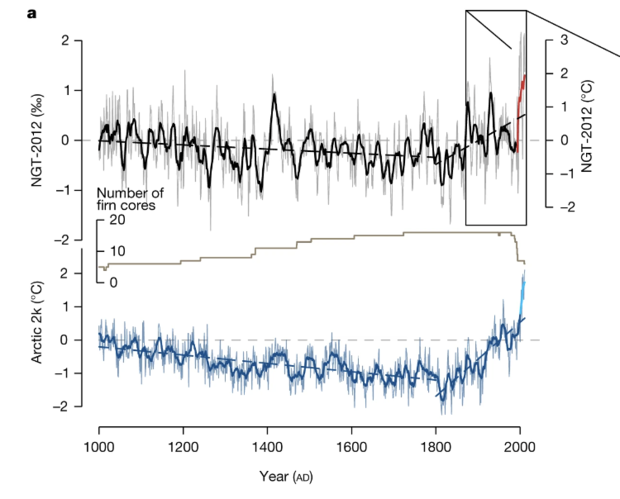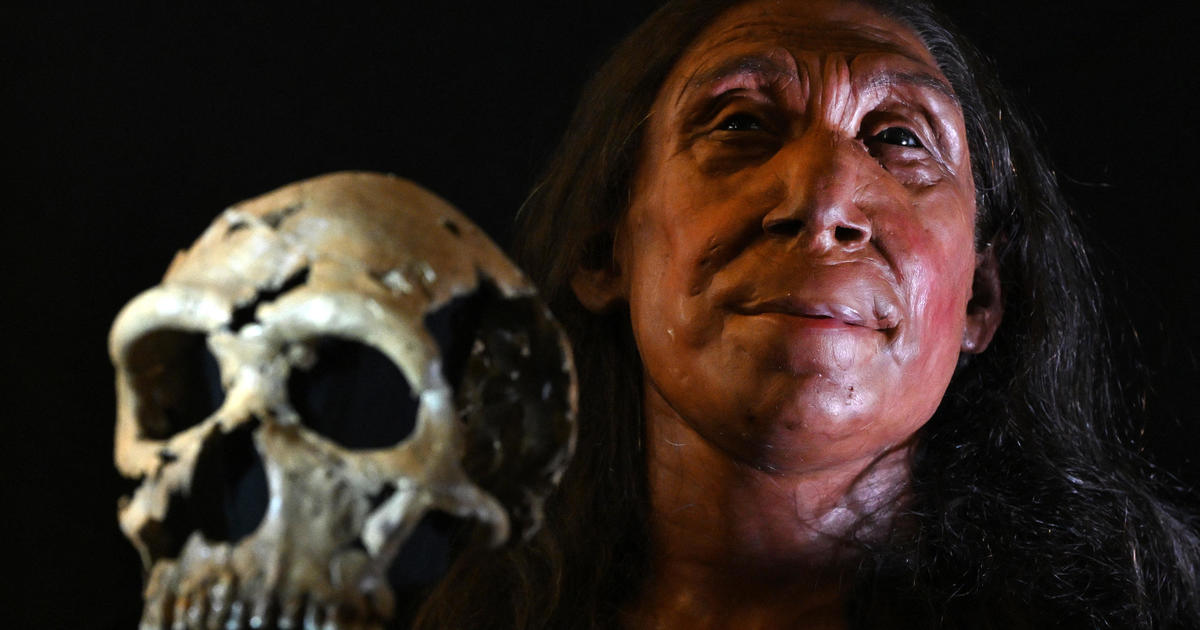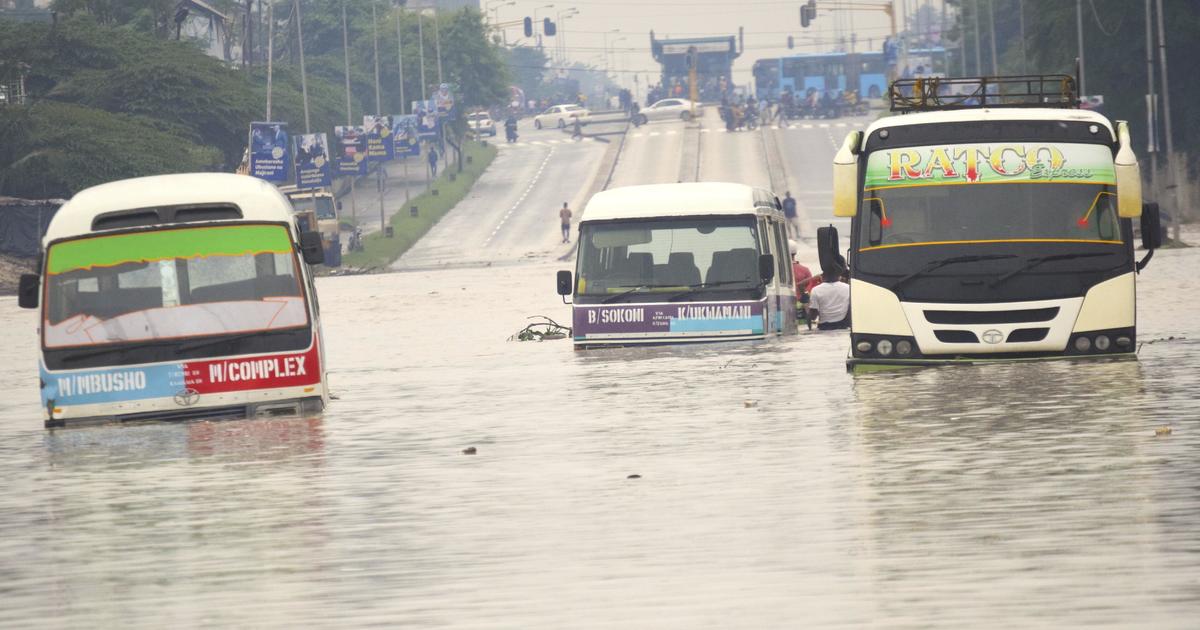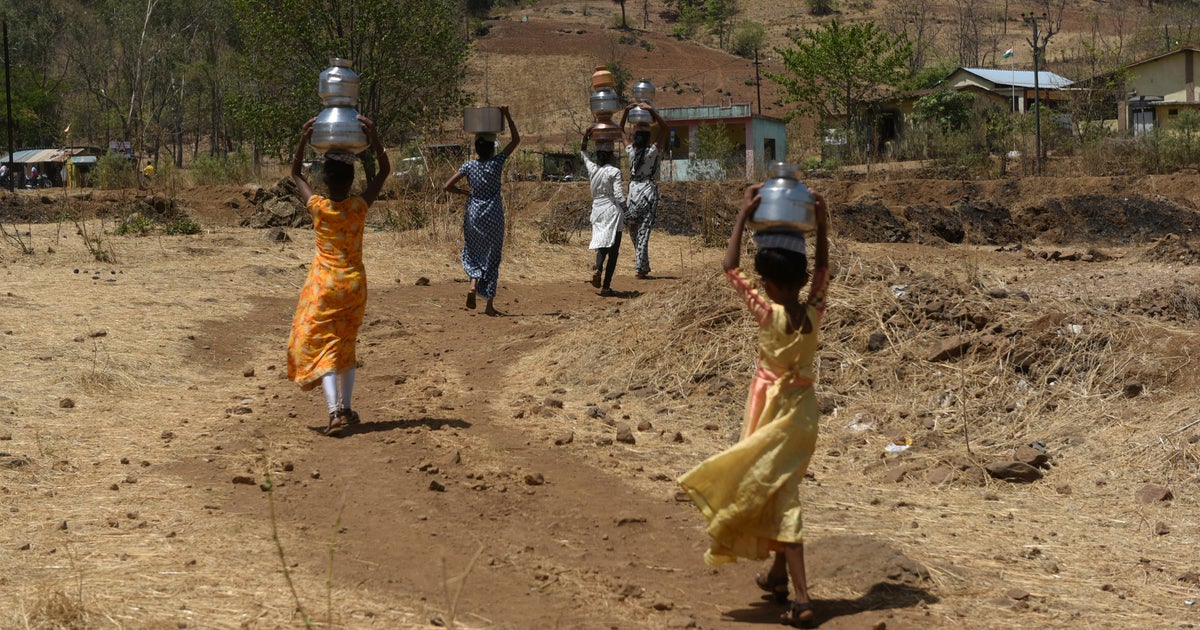Greenland ice sheet — the second largest in the world — experiencing its highest temperatures in 1,000 years, researchers say
The Greenland ice sheet, one of the coldest and most remote regions of the world that serves a pivotal role in the Earth's climate, is now clearly feeling significant effects of climate change. Researchers found that central and northern areas of the sheet have recently seen the hottest temperatures in a millennium.
It has been long clear that many parts of Greenland are warming, but the latest research, published in Nature on Wednesday, took a deeper look at the central part of Greenland's ice sheet, where the impact of climate change has long been unclear.
To learn more about that impact, researchers from the Alfred Wegener Institute for Polar and Marine Research drilled ice cores to create a "high-quality reconstruction" of temperatures in central and north Greenland from 1,000 AD to 2011. With that data, it became clear: Not even some of the coldest, most remote and highly-elevated areas of the world can escape the impacts of global warming.
"This data shows that the warming in 2001 to 2011 clearly differs from natural variations during the past 1,000 years," the study's lead author, glaciologist Maria Hörhold said. "Although grimly expected in the light of global warming, we were surprised by how evident this difference really was."
According to the study, researchers can say with "virtual certainty" that temperatures in that area are roughly 1.5 degrees Celsius warmer than it was in the 1900s. Data shows that Greenland experienced a cooling trend until about 1800 and has seen a steep warming trend ever since. The industrial revolution, which amplified global mass use of fossil fuels, began at roughly the same time.
This is the first time that ice cores from that region have provided evidence of global warming. According to a press release, the last time ice cores were researched from that region was in the 1990s, and at that time, they "did not indicate clear warming in central-north Greenland" — even as global temperatures were shown to be rising.
Hörhold told The Associated Press that there is "almost zero" chance that anything but human-caused climate change is to blame for the sharp rise in temperature.
"We keep on (seeing) rising temperatures between 1990s and 2011," Hörhold said. "We have now a clear signature of global warming."
While the temperatures and data recorded are for warming leading up to 2011, Hörhold told the AP that she expects the temperature rise to continue. She has also ice cores from 2019 that she is continuing to study.
The latest research only stresses the critical state of the ice sheet as global temperatures continue to rise. Greenland's ice sheet is second in size only to that of Antarctica, with both bodies stories about 68% of the world's freshwater resources, according to Copernicus, the European Union's climate observation program.
But the giant icy mass is melting, and fast.
Researchers found in 2020 that the ice sheet is on track to melt four times faster than at any point in thousands of years, saying that the planet has been altered so much that the amount of ice being lost now is comparable to what was lost during the end of the last Ice Age.
If Greenland were to completely melt, researchers believe it would raise global sea levels by about 24 feet. But people will be able to see the effects of even a little melting. "Zombie ice" from the sheet — pieces that are attached to thicker areas of ice but are no longer being fed by glaciers — is melting amid increasing global temperatures. It's expected that the loss of that ice alone could raise sea levels by at least 10 inches.





